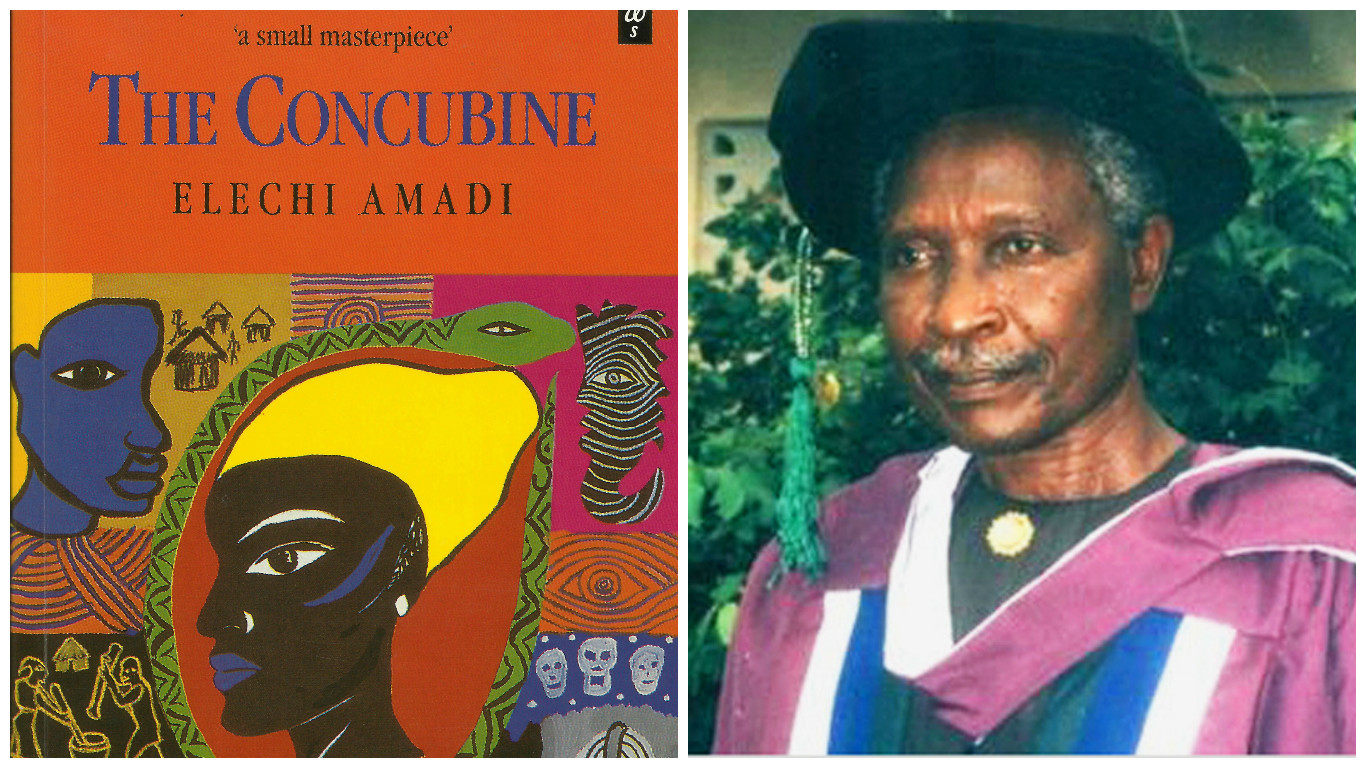Nigerian author and dramatist Elechi Amadi made major contributions to African writing, especially in highlighting the variety of African traditions, culture, and society. Amadi, born on May 12, 1934, in Aluu, close to Port Harcourt, Nigeria, had a life and career firmly anchored in his African background. Among African literary masterpieces, his work has gained an appreciation for combining tremendous cultural knowledge with simple storytelling techniques.
Who Was Elechi Amadi?
Elechi Amadi was a politician, educator, soldier, and writer among other things. At the University of Ibadan, he studied mathematics and physics; his varied career encompassed teaching, army duty, and government employment. But his literary creations are what have permanently changed African writing.
The way Amadi’s books depict traditional African life—especially among the Igbo people—is well appreciated. His work is a priceless archive of African cultural legacy as his tales are ingrained in the habits, beliefs, and activities of his country. Often illustrating the effect of colonialism and the conflict between tradition and modernism in African civilizations, Amadi’s work is renowned for its clarity and realism.

The Concubine: Elechi Amadi’s Masterpiece
Published originally in 1966, Elechi Amadi’s most well-known book is The Concubine. Considered as one of the most significant pieces of postcolonial African literature to have come out of Nigeria, the book is a classic of the field. Emphasizing themes of love, destiny, and the supernatural, the Concubine is a narrative that perfectly embodies conventional African civilization.
Plot Overview
Set in a tiny rural Igbo hamlet, The Concubine centers on the lives of a stunning young widow called Ihuoma. In addition to her beauty, Ihuoma is revered in her community for her elegance, knowledge, and fortitude of character. But tragedy permeates her existence; those who fall in love with her die young and come to believe she is cursed or possessed by a malignant spirit.
The book looks at Ihuoma’s relationships with several suitors, including Emenike, her first husband, who passes away under unexplained circumstances; Madume, a jealous and aspirational man who also meets a sad end; and Ekwueme, a young man utterly in love with her but whose life is also threatened by the curse. As the narrative goes on, it is evident that Ihuoma’s beauty and appeal both bless and curse as they draw men meant to die because of her.
Themes and Cultural Context
The Concubine’s examination of the conflict between human impulses and otherworldly powers is among its most engaging features. The book is rich with the values and customs of traditional Igbo culture, in which the human world is considered as closely connected to the supernatural one. Reflecting the great spiritual beliefs of the Igbo people, the concept of fate and the impact of invisible powers play a vital part in the life of the characters.
Amadi’s depiction of Ihuoma’s circumstances emphasizes in African civilization the intricacy of destiny and free agency. The protagonists are continually reminded of the restrictions placed on their world by the supernatural powers that control it even as they fight to express their own wants and decisions. A major motif in the book, this conflict between human agency and destiny offers a potent analysis on how religion and tradition could shape personal life.
The place of women in traditional African culture is yet another important motif in The Concubine. As a widow, Ihuoma deals with respect as well as mistrust from her society. Her position as a concubine exposes her to social expectations and limitations even if she is revered. Amadi shows women in a patriarchal culture both their strengths and weaknesses, therefore reflecting a complex picture of gender roles.
The legacy of The Concubine
Apart from a masterfully written narrative, the Concubine is a cultural artifact offering insight into Igbo values, beliefs, and practices. With its rituals, social systems, and conflicts, Amadi’s realistic portrayal of village life provides readers with a glimpse into a world unique to the Igbo culture but also generally human in its examination of love, destiny, and loss.
The book has been much read and appreciated for its narrative technique and ability to portray difficult subjects via straightforward, but forceful narrative. The Concubine is a unique chance for young readers to interact with African literature firmly anchored in history and simultaneously address universal themes that cut across generations and countries.
Conclusion: Why Elechi Amadi and The Concubine Matter
The Concubine by Elechi Amadi explores the human condition within the framework of African society rather than just a tale about love and destiny. By means of his deft narrative, Amadi asks readers to reflect on the ways in which history, belief, and the supernatural form our lives and our fates.
Amadi’s writings provide young readers with a deep and immersive experience that not only provides entertainment but also teaches the complexity of African culture. Introducing Elechi Amadi and The Concubine to the younger generation helps us to honor and preserve a significant component of African literary legacy. Amadi’s work reminds us of the ability of tales to link us to our origins, help us to comprehend the environment in which we live, and investigate the timeless subjects defining our common humanity.
Please read all our stories on African Literature here




